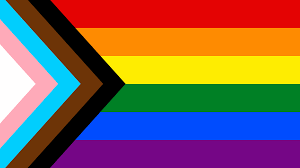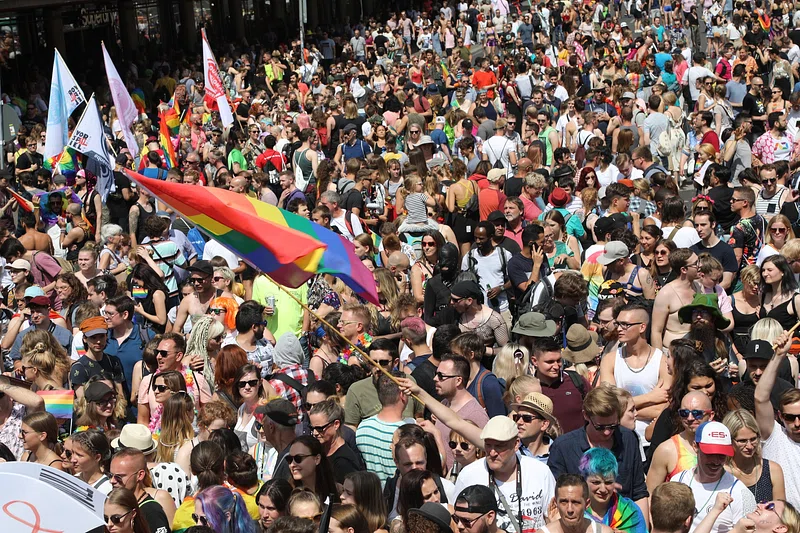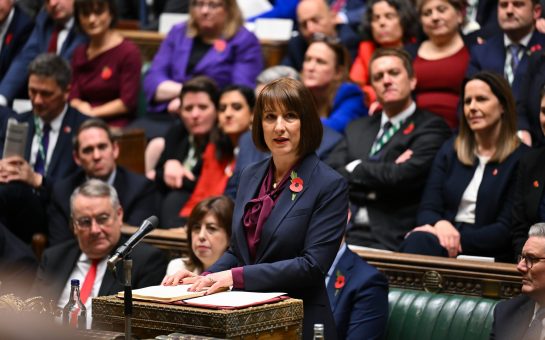Every August Manchester city centre becomes a sea of rainbows as many flock into the city join in on the Gay Pride festivities.
Annually Manchester Pride organise a parade to celebrate the LGBTQ+ people living in and around Manchester they do this loudly and proudly calling the event ‘a party as a protest’.
Pride is a celebration for the hard work and protesting many have been doing for decades.
Mark Fletcher, CEO for Manchester Pride said: “Pride celebrations not only provide a platform for LGBTQ+ individuals and their allies to come together and celebrate their identities, but they also raise awareness about the ongoing struggles and inequalities that LGBTQ+ people face on a daily basis.
“Pride is about human rights and empowering LGBTQ+ people to reclaim the rights and freedoms they have been denied in public spaces where they can often feel excluded.
“By highlighting these issues, we can continue to advocate for change and work towards a more inclusive and accepting society for everyone, fighting against discrimination.”
Although we may live in a more liberal society where being gay is not as taboo as it once was, this has not always been the case.
Until 1967 sexual acts between two consensual men was deemed illegal until the intoduction of the Sexual Offences Act.
Manchester has a rich history whether it is football, music or even science but gay rights also plays a huge part in the city’s identity.
In 1964 the North West Homosexual Law Reform campaigned to decriminalise sexual relationships between two consensual males and were instrumental in the decriminalisation in 1967.
Five years later the North West Homosexual Law Reform became the national campaign for Homosexual equality.
Pride events go back to as early as 1964 when streets would become flooded with car boot sales over the August bank holiday in order to raise money for charities that supported gay rights.
As well as parties and car boot sales there have also been a fair share of quirky ways pride has been celebrated over the years such as the famous ‘Gay Olympics’.
Held by Manchester’s first gay pub competitors would take part in egg and spoon races, boat races and even tug of war – all adjudicated by drag queens in all their finery.
The annual pride parade that we all know and love has been taking place since the summer of 1985, although it has been given a few names over the years.
Manchester City Council awarded £1,700 to organise a two-week celebration with a huge banner displayed on Oxford Road.
In February 1988 Manchester was home to the largest 28 section protest at the time with over 20,000 protesters lining the streets.
Protesters sang songs and waved banners to ‘promote their sexuality’ in a protest that has changed history forever.
The protest was to defy a decision made by Margret Thatcher’s administration that compiled a clause which discriminated against gay people – and in true Manchester style the people wouldn’t have it.
The Section 28 clause under the Local Government Act 1988 would make it illegal for bodies such as councils to ‘promote homosexuality’, this included a ban on teaching ‘acceptability of homosexuality as a pretended family relationship’ in schools.
Fletcher said: “The protest was instrumental in ensuring that freedoms were fought for, and the fact that it took place in Manchester showcases the city’s pioneering history in fighting for equality. It marked a significant step forward, as the city took to the streets the following year to continue fighting for our freedoms.”
This all took place as the AIDs epidemic rumbled on and the gay community faced the blame and homophobic attacks spiked dramatically.
The AIDs epidemic hit and in response to the backlash the community faced The Village charity hosted a charitable event called the Mardi Gras ‘The carnival of fun’ which raised £15,000 for HIV and AIDs causes.
The event carried on annually until 1999 when Manchester City Council took control of the event and transformed and implemented ticketing system although this did not last long as the community retook ownership and named it ‘Gay Fest’
Every year a different city hosts EuroPride, in 2003 it was Manchester’s turn, the city hosted over 37,000 partygoers from all over Europe.
Ticket sales and bucket collections raised around £128,000 alone that was used to support queer owned and run businesses.
At the closing ceremony it was announced that the festival would now be ran annually and named ‘Manchester Pride’
Four years later Manchester Pride became a registered charity that still hosts the festival to this day.
In the sixteen years Manchester Pride has been registered as a charity they have been a loud and proud display of ‘queer identity and expression’.
August bank holiday has now become the holiday to celebrate everything queer in the city whilst continuing to raise thousands for LGBTQ+ causes.
The Pride flag is iconic globally but has had a few updates over the years, the most recent of which is the brown and black lines.
In 2018 Manchester was the first city to adopt this brown line to ensure people Black, Asian and other ethnic minority communities from colour within the LGBTQ+ community felt represented.

Manchester Pride continues to campaign all year round to improve the lives of LGBTQ+ people around the globe and have raised £120,062.38 for LGBTQ+ good causes in Greater Manchester.
Fletcher said: “We have always been dedicated to creating inclusive and safe spaces for ALL members of our community. However, in 2018, after experiencing racism first hand at our festival and encountering potential racist activity at one of the venues, I realised that addressing the experiences of queer people of colour and ensuring they felt represented and supported was crucial.
The charity still includes themselves in the global movement as the campaign for LBGTQ+ rights across the world is by no means done.
The charity says: We strive for a world where everyone is free to live and love without prejudice, taking unrivalled pleasure in diverse queer cultures.




